US will send nuclear-armed subs to South Korea: Biden
In a new agreement with South Korean President Yoon Suk Yeol, US President Joe Biden has pledged to deploy nuclear-armed submarines to South Korea for the first time in four decades to defend its ally from what they claim to be growing nuclear threats from North Korea.
The agreement was announced by the two presidents in a joint press conference at the White House on Wednesday, as Biden hailed what he called the “ironclad” alliance between the US and South Korea.
"The alliance formed in war and has flourished in peace. Our mutual defense treaty is iron clad and that includes our commitment to extend a deterrence – and that includes the nuclear threat, the nuclear deterrent," said the American president from the Rose Garden at the White House.
“They’re particularly important in the face of DPRK’s increased threats and the blatant violation of US sanctions,” Biden added, using an abbreviation for North Korea's official name, the Democratic People's Republic of Korea.
His comments came shortly after both leaders unveiled the “Washington Declaration,” a set of new steps to boost US-South Korean cooperation on military training, information sharing and strategic asset movements in the face of a recent spate of missile launches from North Korea.
The new agreement, which is the product of months of discussions between officials from both countries, will make US deterrence against Pyongyang "more visible", the Associated Press cited three unnamed senior officials in the Biden administration as saying earlier on Wednesday.
Officials made clear that such assets would not be stationed permanently, and there is “no plan” to deploy any tactical nuclear weapons to the Korean peninsula.
The last time the US sent ballistic missile submarines to South Korea was in the 1980s.
The agreement outlines stepped-up deterrence commitments the US is making to South Korea, and hence, can be seen as Washington's firm pledge to Seoul to give it a greater role in any response to a potential nuclear attack, the officials added.
They also said Seoul, in return, will reaffirm its commitment to the Nuclear Nonproliferation Treaty (NPT), which prevents countries from seeking nuclear weapons.
By contrast, North Korea is not a signatory to the treaty, and in recent years has made strives to develop its suspected arsenal of around 20 nuclear weapons.
As Biden warmly welcomed Yoon, he called the alliance “the linchpin of regional security and prosperity” in the Indo-Pacific.
“I want to thank you again Mr. President for your political courage and personal commitment to diplomacy with Japan,” Biden further said in the presser.
Earlier this month, Pyongyang test-fired its first solid-fuel intercontinental ballistic missile (ICBM), which can deliver a nuclear warhead far away from the Korean Peninsula and even to the continental US.
North Korea, which has been under harsh sanctions by the United States and the United Nations Security Council for years over its nuclear and ballistic missiles programs, launched an unprecedented number of missiles in 2022, including its most advanced intercontinental ballistic missile ever.
Over 28,500 American troops are based in South Korea as a legacy of the 1950-1953 Korean War, which concluded in an armistice rather than a peace treaty, meaning that the two neighbors are still technically at war.
Seoul, which has been rattled by increased test launches by the North, is now trying to boost its military alliance with the US and deepen cooperation with Japan.
VIDEO | Russian FM holds annual press briefing, highlighting ‘equality-based’ diplomacy
VIDEO | Israel rejects Gaza 'technocratic body' amid continued suffering in Gaza
Iranian prodigy Benyamin Faraji wins Under-17 title in Qatar
VIDEO | Press TV's news headlines
VIDEO | Tehran residents condemn US-Israel orchestrated mosque arson, vandalism
VIDEO | South Koreans demand end to joint US military drills and provocative policy against North Korea
VIDEO | A silent grief: Palestinian man struggles to recover remains of wife, children
Hind Rajab Foundation files complaint against Israeli genocidal propagandist in US


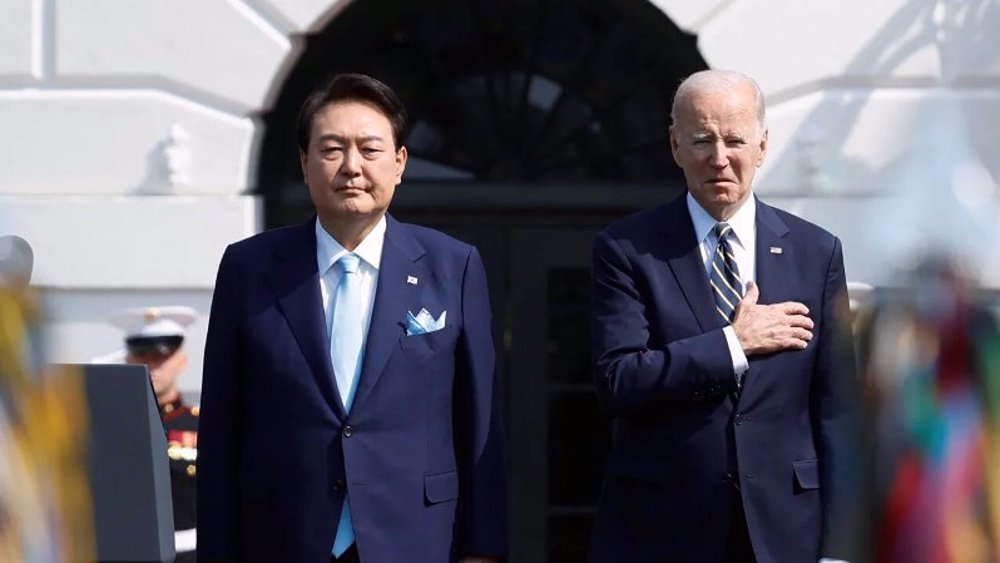
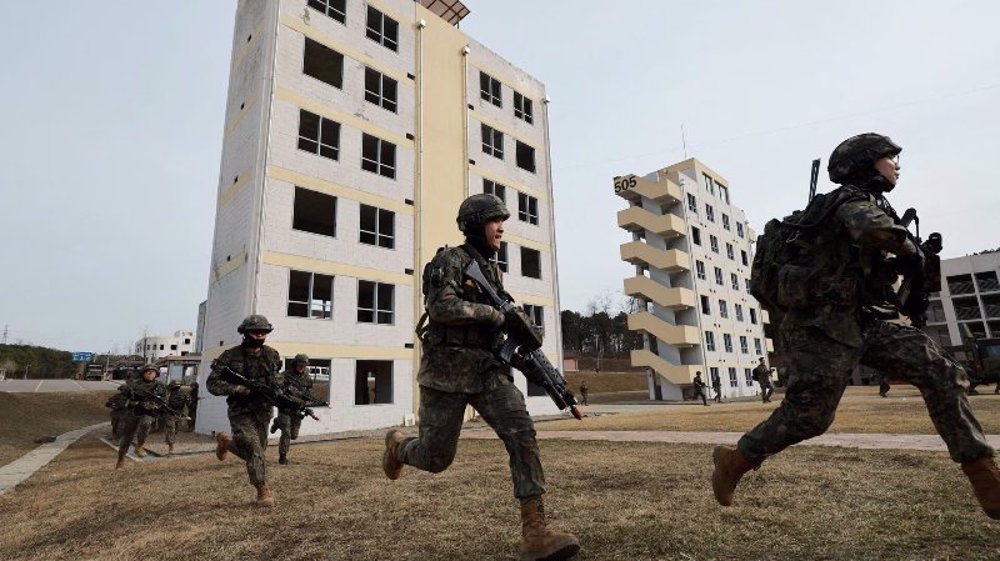
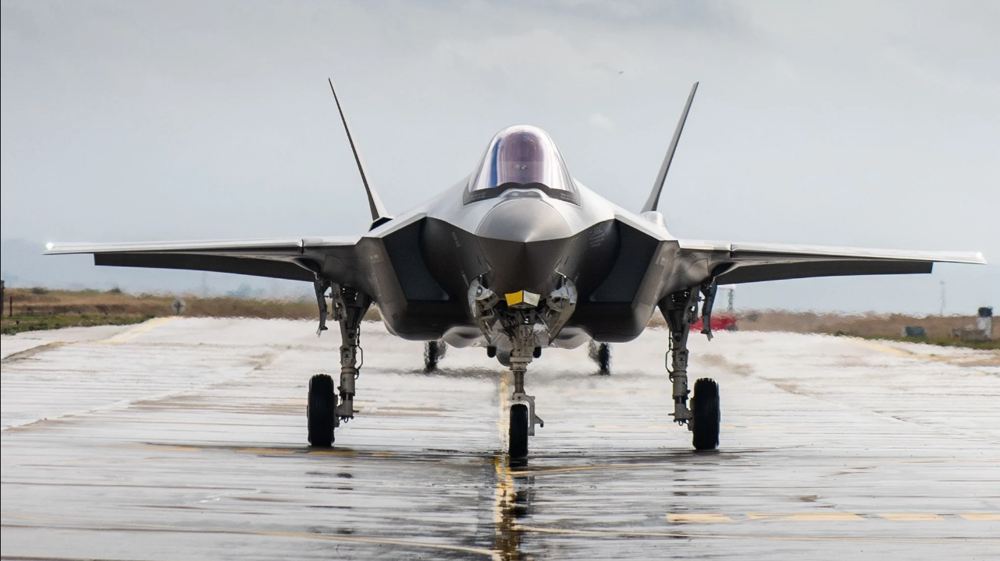
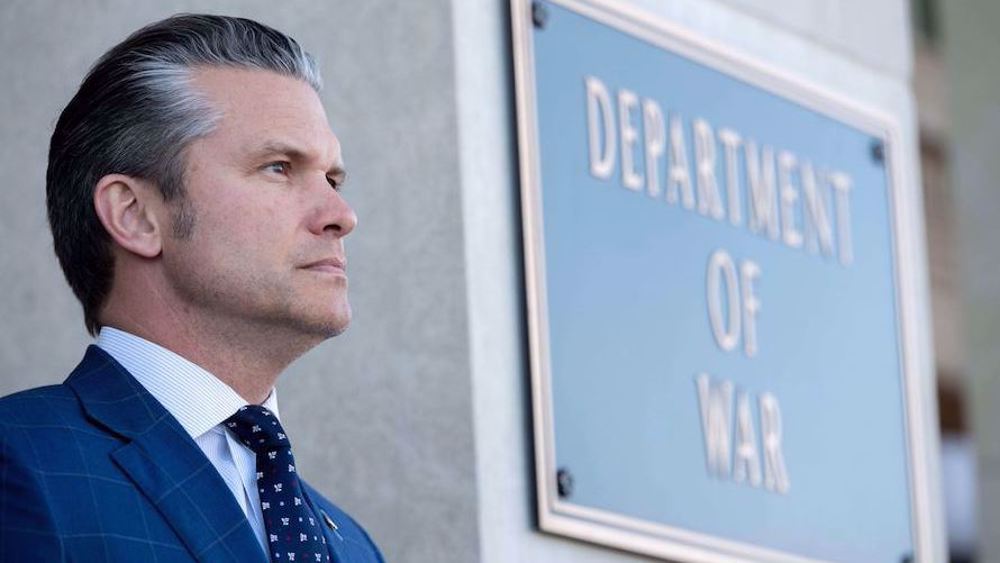
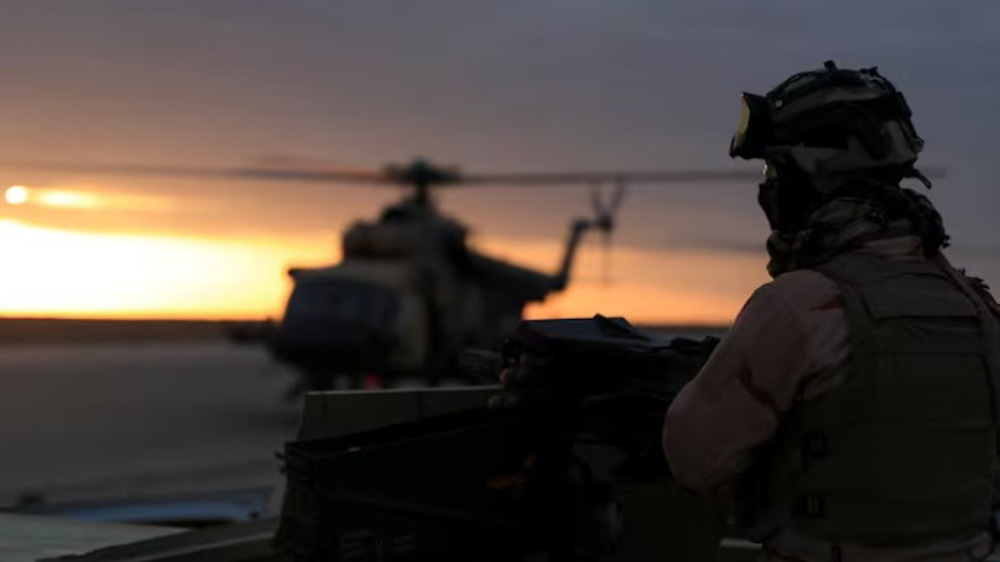




 This makes it easy to access the Press TV website
This makes it easy to access the Press TV website